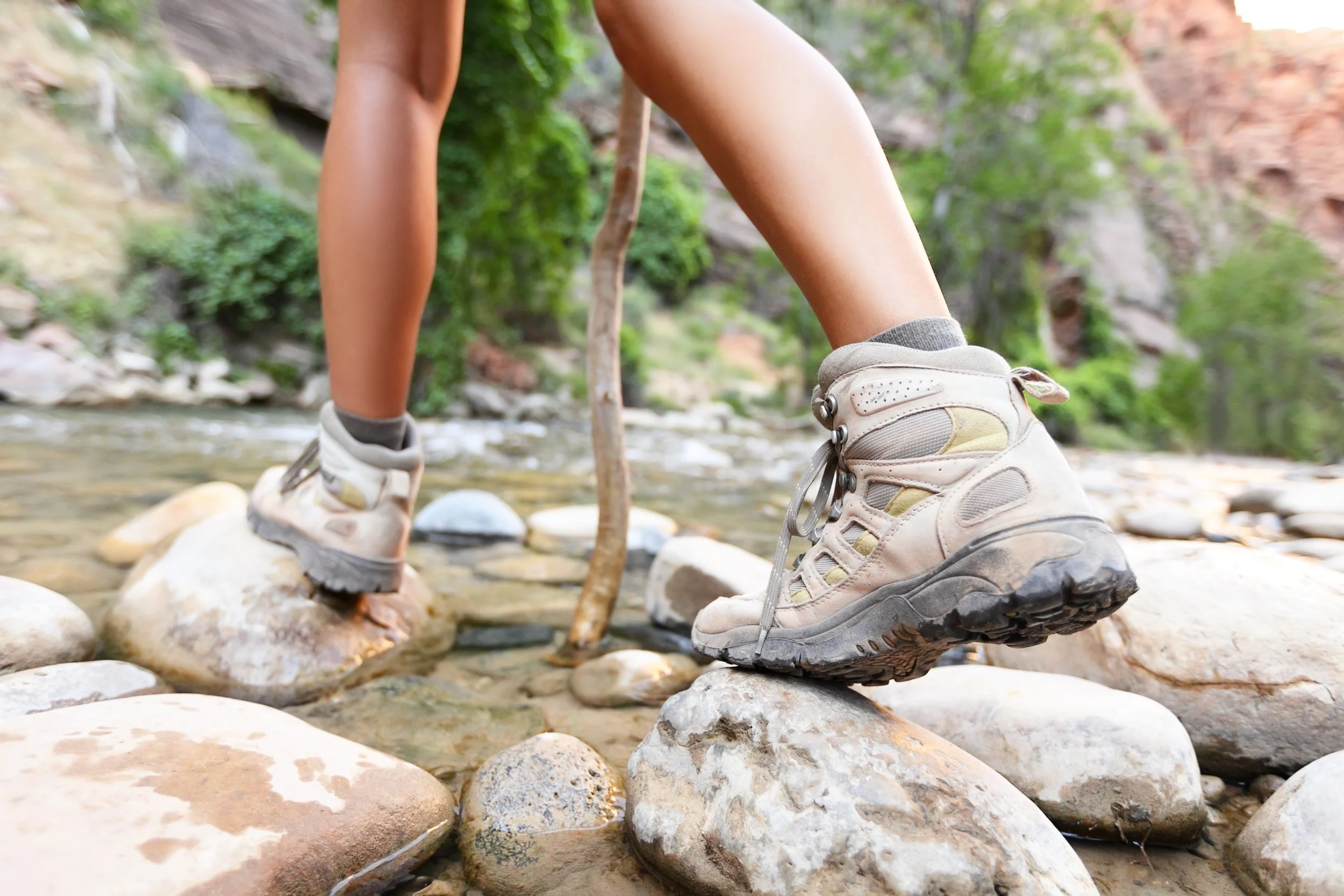Clinical Approaches
Taking a mindful approach, we aim to give patients the best treatment and a better chance for lasting recovery. We rely on evidence-based clinical approaches that are tailored to the needs of the individual, all led by staff with a masters-level education or higher.
Clinical Approaches
COGNITIVE BEHAVIORAL TREATMENT (CBT)
The Cognitive Behavioral Treatment (CBT) approach aids in recovery by targeting a person’s thoughts and how those thoughts lead to feelings and then behaviors. By working to change our thoughts we can change our emotions and subsequent behaviors.
DIALECTICAL BEHAVIOR THERAPY (DBT)
Dialectical Behavior Therapy (DBT) is a group designed around skill-building and changing problematic behavior. Many people that struggle with addiction grew up in dysfunctional homes whether it was abuse, addiction, ineffective communication, inability to express emotions, or invalidation to name a few, DBT addresses these deficits and works to improve skillfulness in those areas. Staff will strongly support the use of DBT skills and look to lessons to help with conflict management or emotion management.
Narrative Therapy
Narrative Therapy is designed to look at the story that we have created about ourselves, our families, and our lives. Typically, we write our story in a way that continues to promote victimhood, worthlessness, self -hate and many other stories that keep us stuck in old patterns of thinking and behaving. Narrative therapy helps us to look at this story and then rewrite it in a way that demonstrates survival, self-worth, heroism, and hope for the future. This allows for healthier and more prosocial thinking and behaving.
Psychodrama
Psychodrama is a therapeutic modality in which a person reenacts real-life, past situations (or inner mental processes), acting them out in the present time. Clients then have the opportunity to evaluate their behavior, reflect on how the past incident is getting played out in the present, and more deeply understand particular situations in their lives.
Psychodrama offers a creative way for an individual or group to explore and solve personal problems. It may be used in a variety of clinical and community-based settings in which other group members (audience) are invited to become therapeutic agents (stand-ins) to populate the scene of one client.
Besides benefits to the designated client, "side-benefits" may accrue to other group members, as they make relevant connections and insights to their own lives.
Seeking Safety
Seeking Safety is a manualized group designed for those with co-occurring substance abuse and PTSD. The group focuses on enhancing safety through decreasing unhealthy coping mechanisms and developing positive strategies to support your recovery. The various topics incorporate cognitive, behavioral, and interpersonal domains to promote insight while developing specific skills.
Art Therapy
Art Therapy is a group that facilitates personal exploration and growth. While it is a group format, art therapy is a highly personal and independent process. An art therapist will come to each meeting with a prompt or exercise designed to foster personal exploration, connect with emotions, or support individual expression. Expect varied artistic activities that do not require artistic skill, but rather a willingness to experiment, experience the process and explore.
RELAPSE PREVENTION
Relapse Prevention is a group that will provide you with the skills, knowledge, and planning you will need in early recovery. In this group, you will learn about different substances of abuse, addiction, skills to avoid returning to use all while creating a plan to support your recovery upon returning to the community.
12 Step
12 Step Work and Meetings are an important part of recovery from addiction. At Momenta Recovery we use the 12 steps as a template for how to live a healthy, honest, and reflective life in recovery and in striving to live our best life each and every day. The concepts in the steps are an effective approach to living life regardless of if you struggle with addiction or not. The other central part of 12 step work is creating a recovery community where one can find support, accountability, and community no matter where we return after treatment. We also encourage individuals to explore other self-help programs such as SMART Recovery and Rational Recovery.
Non-Traditional Therapeutic Activities
Non-Traditional Therapeutic Activities are an important part of the healing process, and you will find many therapeutic activities on the schedule each week to enhance your treatment experience and provide opportunities for meaningful experiences and transformation. Some of the activities planned for you are: Yoga, Equine/ Animal Assisted Therapy, Tai Chi, Hiking, Biking, Swimming, Wilderness Excursions, Camping, Visiting Museums, and Artist’s Studios, Storytelling, Music Therapy, Archery, Skiing, Rafting & Service Work.

